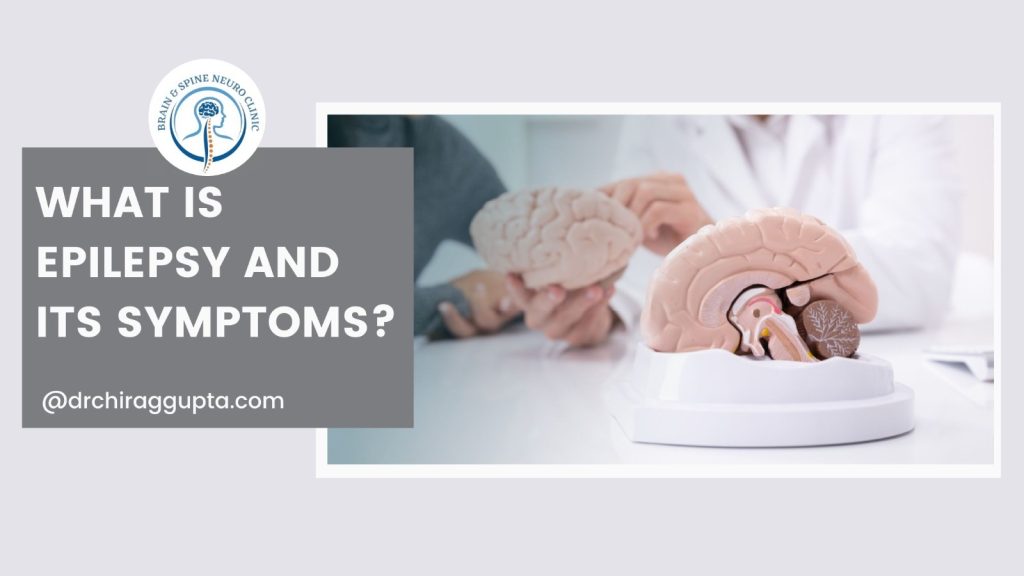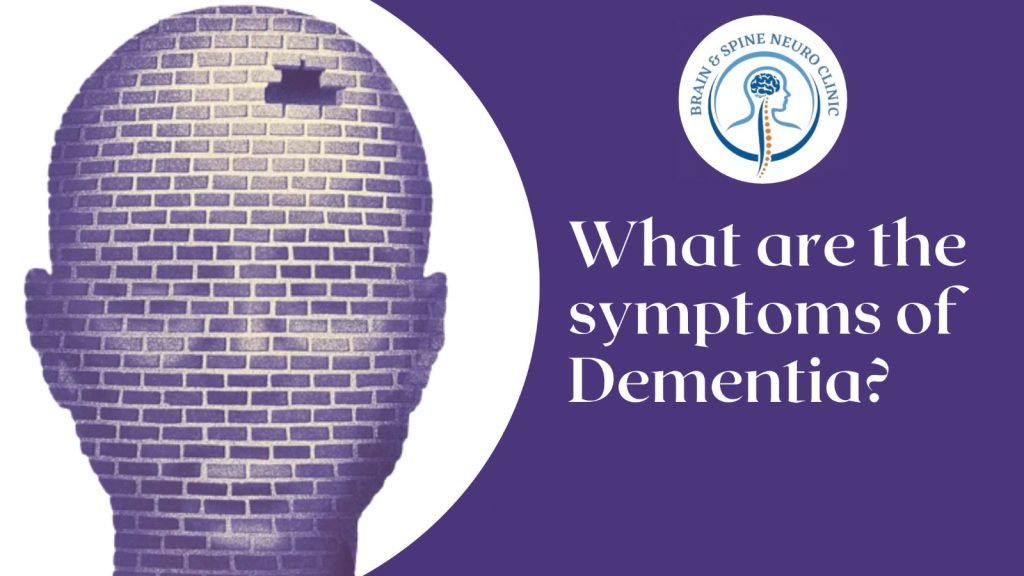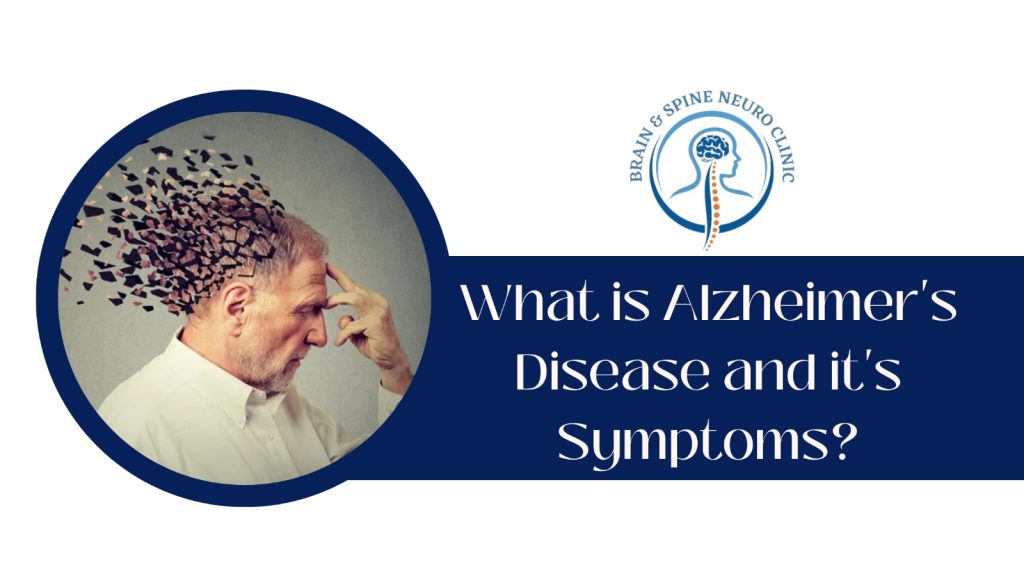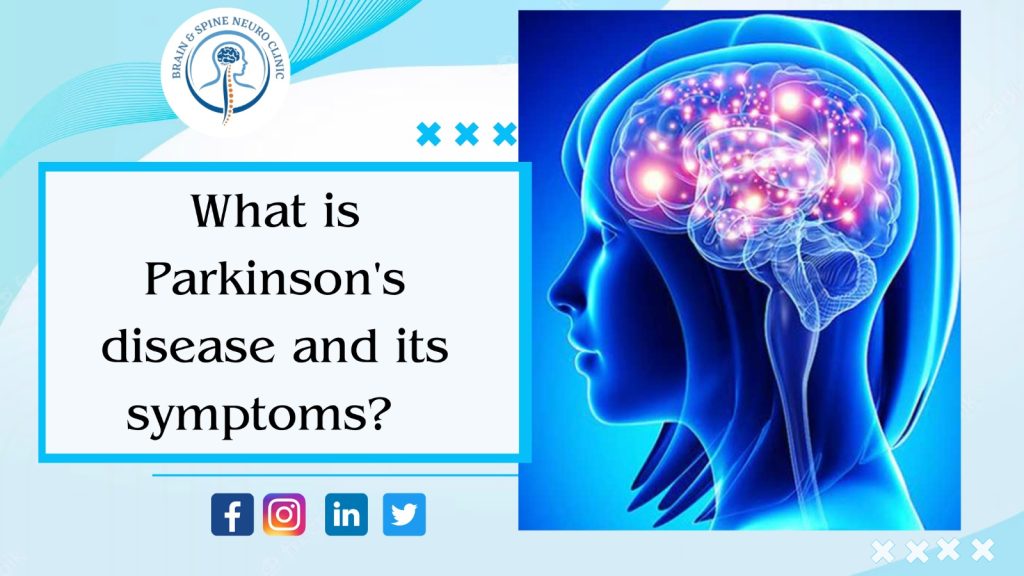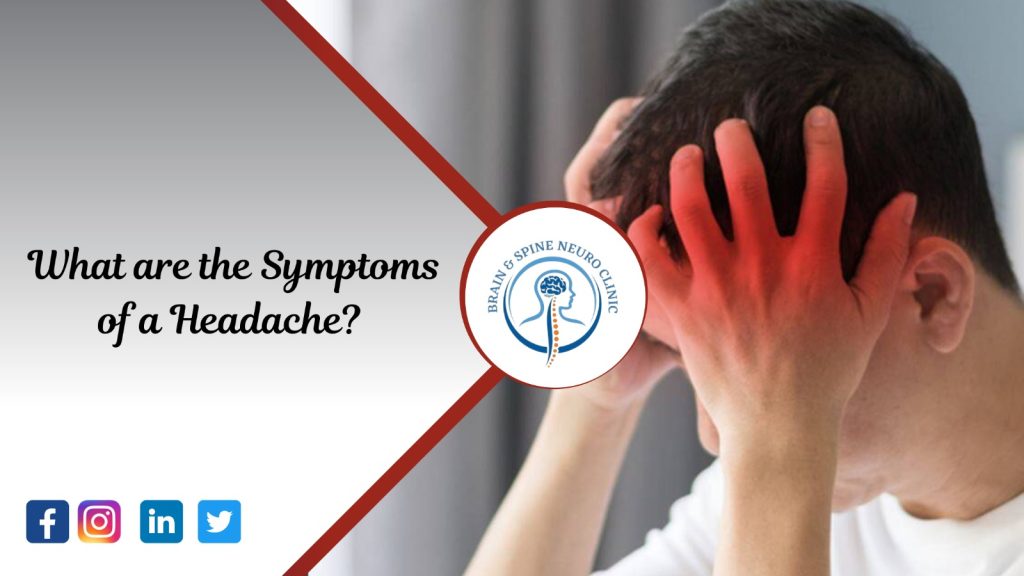Dementia is a chronic and progressive syndrome that affects the cognitive function of an individual, including memory loss, difficulty in communication, disorientation, and mood swings. The condition can occur due to various factors, such as Alzheimer’s disease, Parkinson’s disease, and stroke, among others. As the condition progresses, it can have a significant impact on the individual’s ability to carry out daily activities and quality of life. If you or someone you know is experiencing any of the following symptoms, it is important to Consult the Best Neuro Physician in Greater Noida Dr. Chirag Gupta. 1. Memory Loss This can manifest in different ways, including forgetting recent events, repeating questions, misplacing items, and struggling to remember names and faces. While occasional memory lapses are common, frequent and persistent memory loss can be a sign of dementia. 2. Difficulty with Communication Another symptom of dementia is difficulty with communication. This can include struggling to find the right words or losing track of conversations. As the condition progresses, individuals may also have difficulty understanding complex instructions or following a train of thought. They may also repeat themselves frequently or struggle to express their thoughts and emotions. 3. Disorientation and Confusion Dementia can also cause disorientation and confusion. Individuals may become confused about time, place, and people, making it difficult for them to navigate familiar environments. They may also have trouble with spatial awareness, such as getting lost in familiar surroundings or struggling to judge distances. 4. Mood Swings and Personality Changes Dementia can also cause mood swings and personality changes. Individuals may become more irritable, agitated, or anxious, or they may experience depression or apathy. They may also exhibit changes in personality, such as becoming more withdrawn, suspicious, or disinhibited. 5. Difficulty with Activities of Daily Living As dementia progresses, individuals may have difficulty carrying out activities of daily living, such as bathing, dressing, and grooming. They may also have trouble with household tasks, such as cooking and cleaning, and may require assistance with these activities. In some cases, they may also require assistance with mobility, such as using a wheelchair or walker. Treatment for Dementia While there is currently no cure for dementia, there are several treatment options available to help manage the symptoms and slow the progression of the condition. In Greater Noida, several hospitals and clinics specialize in dementia treatment, and some of the best neuro physicians in the region are available to help. 1. Medication There are several medications available to help manage dementia symptoms, such as memory loss, confusion, and agitation. These medications work by increasing the levels of certain neurotransmitters in the brain, which can help improve cognitive function and mood. 2. Behavioural Therapy Behavioural therapy can also be effective in managing the symptoms of dementia. This type of therapy focuses on identifying and modifying behaviours that may be contributing to the individual’s symptoms, such as agitation or aggression. It can also involve teaching the individual coping skills and strategies to manage their symptoms. 3. Occupational Therapy Dementia patients can benefit from occupational therapy by maintaining their independence and improving their quality of life. This type of therapy focuses on helping individuals carry out activities of daily living, such as dressing, grooming, and cooking, and may involve teaching them new techniques or providing adaptive equipment. 4. Support Services Support services, such as counselling and support groups, can also be helpful for individuals with dementia and their families. These services can provide emotional support, education, and resources to help individuals and their families cope with the challenges of dementia. In conclusion, dementia is a chronic and progressive syndrome that affects the cognitive function of an individual, If you are Looking for Dementia Treatment in Greater Noida, Contact Dr. Chirag Gupta of Brain & Spine Neuro Clinic today.

